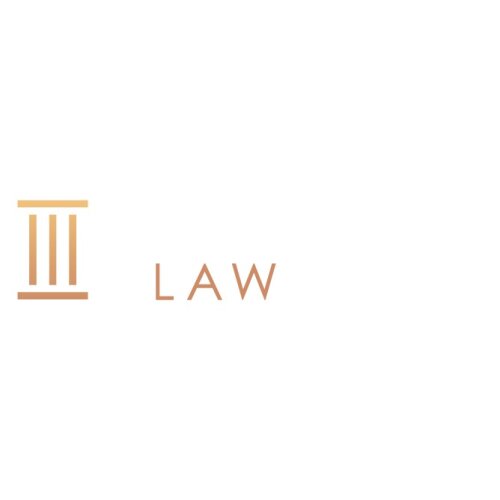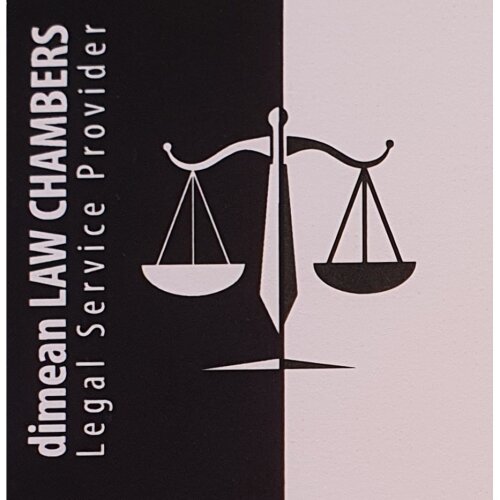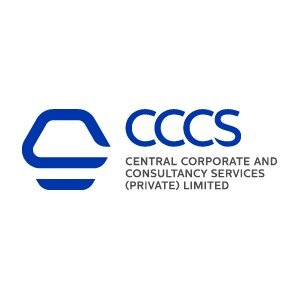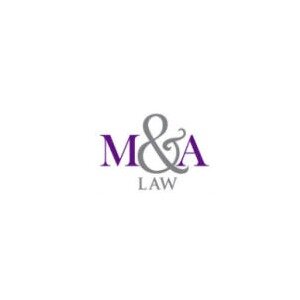Best Business Lawyers in Sri Lanka
Share your needs with us, get contacted by law firms.
Free. Takes 2 min.
Or refine your search by selecting a city:
List of the best lawyers in Sri Lanka
About Business Law in Sri Lanka
Business law in Sri Lanka encompasses a wide range of legal disciplines that are crucial for the successful operation of businesses. It covers areas such as corporate law, commercial transactions, tax law, employment regulations, intellectual property, and dispute resolution. The legal framework is influenced by both common law and civil law systems, providing a comprehensive set of statutes aimed at promoting fair, transparent, and efficient business practices. Key legislation includes the Companies Act, the Intellectual Property Act, and the Inland Revenue Act. Sri Lanka is known for its active business environment, supported by strategic geographic positioning, a growing economy, and a robust legal infrastructure designed to encourage domestic and foreign investments.
Why You May Need a Lawyer
Engaging a lawyer for business-related issues in Sri Lanka is often crucial for numerous reasons:
- Setting up a Business: Understanding the legal processes of company incorporation, determining the appropriate business structure, and compliance with regulatory requirements.
- Contracts and Agreements: Drafting, reviewing, and negotiating business contracts with suppliers, customers, or partners to ensure they are legally sound and in your best interest.
- Employment Law: Navigating complex labor laws and regulations, handling employee disputes, and implementing HR best practices.
- Intellectual Property: Protecting your brand, products, and ideas from infringement through proper intellectual property rights management.
- Legal Disputes: Representing your business in court, handling negotiations, or seeking alternative dispute resolution when conflicts arise.
- Compliance and Regulatory Issues: Ensuring your business operations comply with local laws and international standards to avoid fines and penalties.
Local Laws Overview
Business law in Sri Lanka is governed by several key areas of legislation:
- Companies Act No. 7 of 2007: Regulates the incorporation, management, and dissolution of companies. Emphasizes corporate governance and shareholder rights.
- Inland Revenue Act: Governs taxation, including corporate income tax, VAT, and other fiscal responsibilities of businesses.
- Intellectual Property Act No. 36 of 2003: Protects trademarks, patents, and copyrights, offering legal recourse in case of intellectual property violations.
- Labor Laws: Various statutes such as the Shop and Office Employees Act and the Employment of Women, Young Persons, and Children Act regulate employment terms, conditions, and labor rights.
- Consumer Protection: Enforced primarily through the Consumer Affairs Authority Act, it protects consumer rights against trading malpractices.
Frequently Asked Questions
How can I register a business in Sri Lanka?
Business registration involves several steps including deciding the business structure (sole proprietorship, partnership, or company), registering the business name, and obtaining necessary permits. The Companies Registrar handles the registration of incorporated entities.
What is the corporate tax rate in Sri Lanka?
The standard corporate tax rate in Sri Lanka is set at 24%. However, different rates may apply to certain businesses and industries, such as financial services and the export sector.
How are employment disputes handled?
Employment disputes can be resolved through negotiation, mediation, or litigation in labor tribunals. It's advisable to first seek resolution through in-house mechanisms or a labor officer before proceeding to legal action.
What is the process for protecting intellectual property?
Intellectual property rights can be secured by registering trademarks, patents, or copyrights with the National Intellectual Property Office. They provide legal protection and enforceability against infringements.
Do foreign companies face restrictions in Sri Lanka?
While Sri Lanka encourages foreign investments, certain sectors may have restrictions on ownership and investment limits. It is important to consult with legal or business advisors to understand these regulations.
What are the common types of business structures?
Common business structures include sole proprietorships, partnerships, and incorporated companies (such as private limited companies and public limited companies), each with different legal and tax implications.
How can I ensure compliance with Sri Lankan labor laws?
Regular compliance checks, maintaining clear employee documentation, providing workplace training, and consulting with legal advisors are effective ways to ensure adherence to labor laws.
What are the recent developments in business law?
Recent legal developments often address issues like digital commerce, data protection, and enhancements in corporate governance to improve the business climate. Keeping abreast with news from the Ministry of Finance or industry reports can provide insights.
Can business contracts be enforceable in foreign jurisdictions?
While contracts can be designed to be enforceable internationally, this requires careful drafting in compliance with both local and foreign laws, and often involves choosing the effective jurisdiction and applicable law within the contract.
What should I consider when drafting a business contract?
Ensure clarity in terms, responsibilities, deadlines, payment terms, confidentiality clauses, dispute resolution mechanisms, and termination conditions to avoid misunderstandings.
Additional Resources
Here are some resources that could prove beneficial:
- Department of Registrar of Companies: Provides resources and guidance for business registrations and compliance.
- National Intellectual Property Office of Sri Lanka: Offers information on protecting intellectual property rights.
- Board of Investment (BOI): An essential resource for foreign companies seeking investment opportunities in Sri Lanka.
- Consumer Affairs Authority: Offers information and support on consumer rights and business obligations under consumer protection laws.
- Labour Department: Provides guidance on employment laws, regulations, and dispute resolution processes.
Next Steps
If you find yourself needing legal assistance in business matters, consider the following steps:
- Identify Your Needs: Clearly define the specific legal issues or advice you are seeking.
- Consult a Business Lawyer: Reach out to a lawyer specializing in business law in Sri Lanka for personalized advice and representation.
- Gather Documentation: Collect relevant documents such as business registration papers, contracts, financial records, and any correspondence related to your legal concerns.
- Schedule a Consultation: Arrange an initial meeting to discuss your case, understand the legal implications, and outline potential solutions.
- Follow Legal Advice: Act on the guidance provided by your lawyer, ensuring compliance with legal requirements and strategic business planning.
Lawzana helps you find the best lawyers and law firms in Sri Lanka through a curated and pre-screened list of qualified legal professionals. Our platform offers rankings and detailed profiles of attorneys and law firms, allowing you to compare based on practice areas, including Business, experience, and client feedback.
Each profile includes a description of the firm's areas of practice, client reviews, team members and partners, year of establishment, spoken languages, office locations, contact information, social media presence, and any published articles or resources. Most firms on our platform speak English and are experienced in both local and international legal matters.
Get a quote from top-rated law firms in Sri Lanka — quickly, securely, and without unnecessary hassle.
Disclaimer:
The information provided on this page is for general informational purposes only and does not constitute legal advice. While we strive to ensure the accuracy and relevance of the content, legal information may change over time, and interpretations of the law can vary. You should always consult with a qualified legal professional for advice specific to your situation.
We disclaim all liability for actions taken or not taken based on the content of this page. If you believe any information is incorrect or outdated, please contact us, and we will review and update it where appropriate.
Browse business law firms by service in Sri Lanka
Sri Lanka Attorneys in related practice areas.
Browse business law firms by city in Sri Lanka
Refine your search by selecting a city.

















